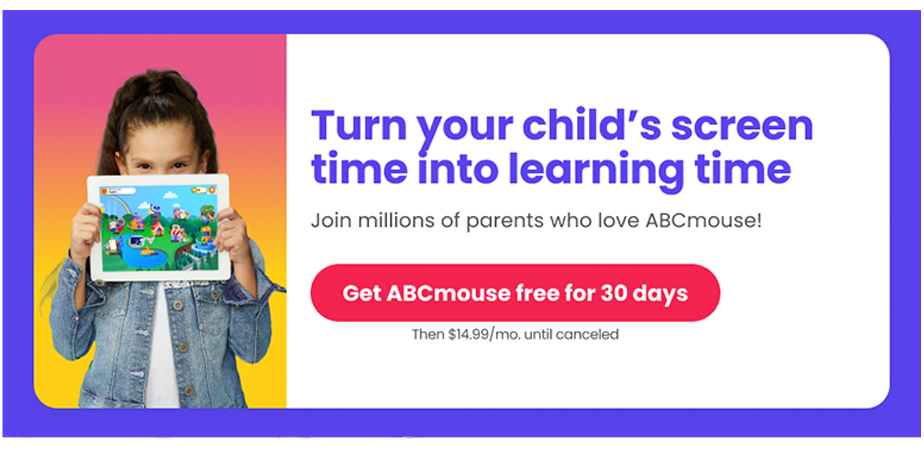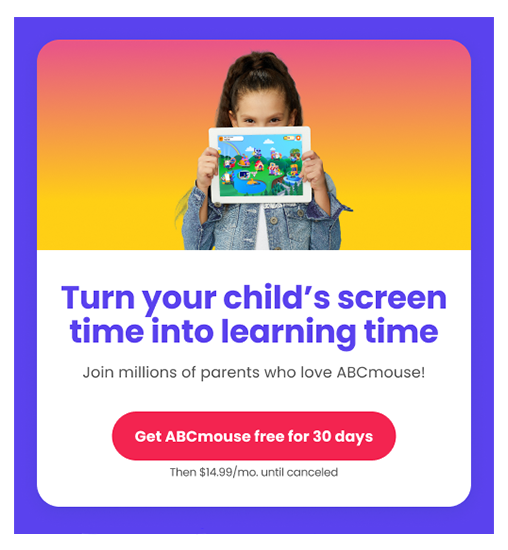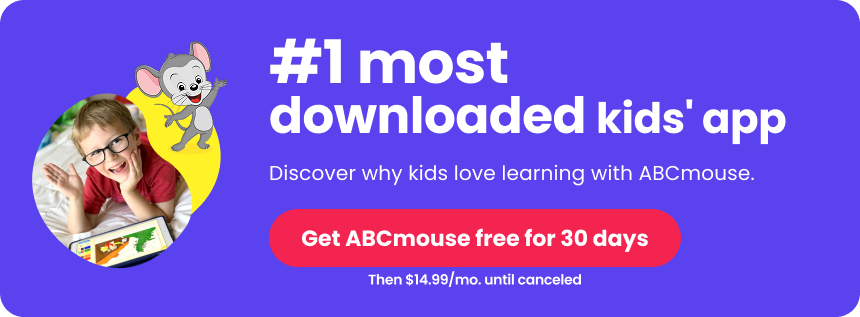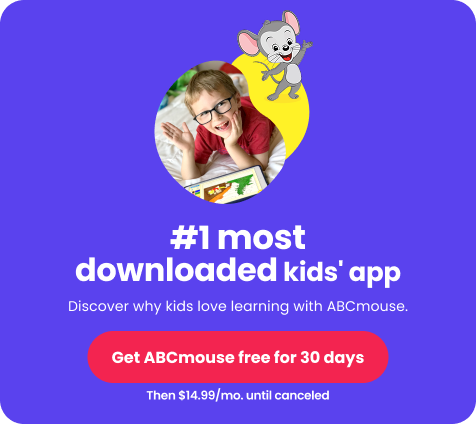
Is ABCmouse Effective? Real Studies That Show the Learning Impact
Table of Contents
ABCmouse Doubles Early Learning Gains in Math and Reading
ABCmouse’s Impact on Pre-K and Kindergarten Academic Success
ABCmouse Enhances School Readiness Transitioning from Head Start to Kindergarten
ABCmouse Accelerates Kindergarten Learning Through Home-Based Solutions
3 Ways ABCmouse Reduces Summer Learning Loss
Why Research Matters When Choosing an Educational App
With so many learning apps available today, it’s hard to know which one will actually make a difference in your child’s education. Choosing an app backed by research can help you feel confident that your child will make educational gains while using the program you’ve selected. Research-based apps are designed with how kids learn best in mind, have been tested with real students, and are shown to support important skills like reading, math, and school readiness.
ABCmouse has been the subject of multiple research studies. These studies show the following benefits from using ABCmouse:
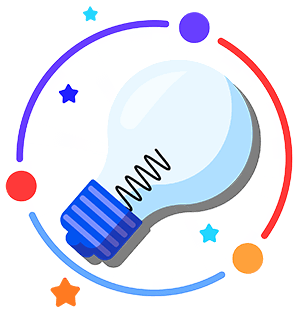
Researched Backed Benefits of Using ABCmouse*
- Pre-k and kindergarten students using ABCmouse improved their early reading and math skills.
- Using ABCmouse improved school readiness for rising kindergarteners.
- Children using ABCmouse at home showed accelerated learning gains in literacy and math.
- Using ABCmouse decreased summer learning loss.
- The more children use ABCmouse, the more they learn.
- Regular use of ABCmouse can help children of all skill levels, particularly those who start the summer with low skill levels, catch up to their higher-skilled peers.
- ABCmouse uses game-based learning, which research suggests boosts engagement, learning, and motivation, as well cognitive development and social-emotional learning.
*Learn the details of each of these research findings below.
ABCmouse Doubles Early Learning Gains in Math and Reading
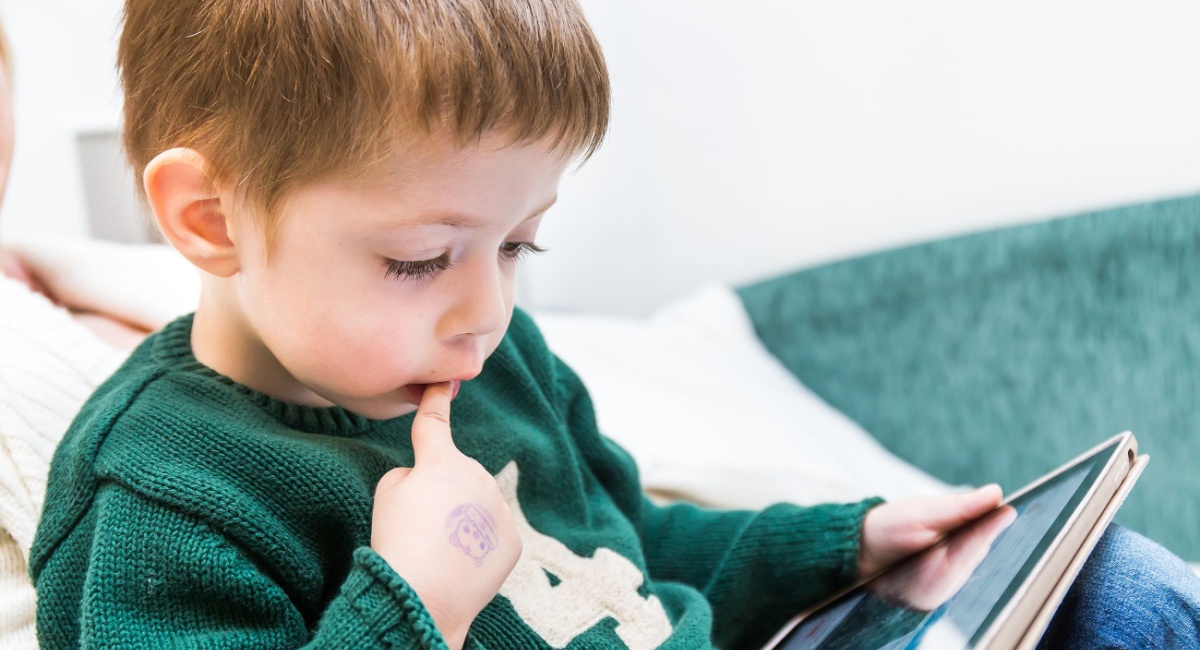
Study Overview:
This randomized controlled study explored how using ABCmouse at home impacts learning outcomes for children ages 3–5. Conducted from February to July 2023, the research included 253 children from California and Texas. Participants were randomly assigned to either use ABCmouse or continue with their usual afterschool activities. The study focused on measuring growth in foundational literacy and math skills using the Woodcock-Johnson IV assessment tools.
Key Findings:
Children who used ABCmouse for about 3.5 months showed 2.5 times more growth in phonological processing skills and 1.6 to 2 times greater improvement in math problem solving and quantitative reasoning compared to their peers. Parents also reported overwhelmingly positive results—90% said ABCmouse had a positive impact on their child’s learning, and every parent surveyed said they would recommend the program to others.
ABCmouse’s Impact on Pre-K and Kindergarten Academic Success

Study Overview:
Early childhood education plays a pivotal role in preventing school failure and fostering academic success. To evaluate the impact of ABCmouse, Age of Learning partnered with the Tupelo Public School District to conduct two studies tracking pre-kindergarten students and their progress into kindergarten. The research focused on how consistent use of ABCmouse affects foundational literacy and math skills among young learners, especially those identified as at risk for academic challenges.
Key Findings:
The studies demonstrated that students who regularly used ABCmouse experienced significant academic growth. In pre-K, students who completed more ABCmouse activities showed greater improvement in kindergarten readiness scores. In kindergarten, those with full access to ABCmouse achieved 120% greater growth in literacy and 150% greater growth in math from fall to winter, compared to peers with limited access. Additionally, students with lower starting scores were able to catch up to their peers, and overall performance in literacy and math at year-end was strongly predicted by the number of ABCmouse learning activities completed across both school years
ABCmouse Enhances School Readiness Transitioning from Head Start to Kindergarten
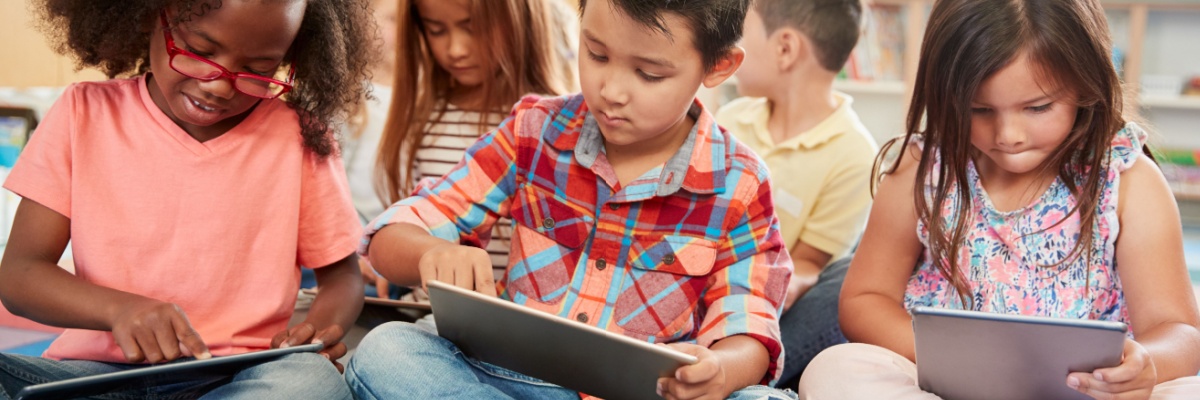
Study Overview:
In this study, conducted in collaboration with Albina Head Start, we examined the efficacy of integrating ABCmouse usage into their curriculum to bolster school readiness among young learners transitioning from Head Start to kindergarten.
Key Findings:
The study highlights the impact of digital learning tools like ABCmouse in creating a more seamless transition for children entering formal schooling. Results showed enhanced school readiness and smoother transitions for students, highlighting ABCmouse’s role in supporting early educational development.
ABCmouse Accelerates Kindergarten Learning Through Home-Based Solution
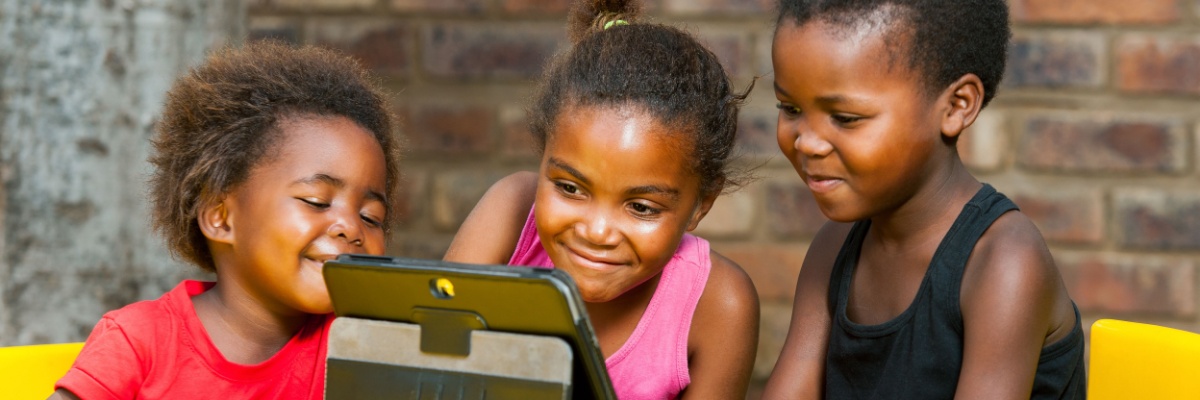
Study Overview:
To evaluate the impact of home-based learning with ABCmouse, Age of Learning conducted a 13-week randomized controlled trial with 281 kindergarten-aged children in Southern California. The study examined whether regular use of ABCmouse at home could accelerate literacy and math development, with children completing 45 minutes of usage per week on average.
Key Findings:
Children who used ABCmouse at home demonstrated 25% greater growth in early literacy skills than their peers who did not use the program. The effects were even more pronounced among students who began the study with lower performance: they showed 33% more growth in literacy and 48% more growth in math compared to similar children in the control group. These results underscore the effectiveness of ABCmouse not only for general skill development but also as a supportive tool for helping struggling learners catch up.
3 Ways ABCmouse Reduces Summer Learning Loss

Study Overview:
To explore ABCmouse’s potential to support summer learning, WestEd—an independent research agency—conducted a large-scale study funded by Schmidt Futures. In partnership with Age of Learning, the study assessed how children ages 2–8 used ABCmouse during the summer of 2020, with a focus on learning gains and equity. Over 14,000 children across the U.S. participated, with usage and performance data collected through ABCmouse’s digital assessment platform.
Key Findings:
Children who used ABCmouse for at least 45 minutes per week and completed 15 Learning Activities across at least three days showed significant improvements in literacy and math. Those with higher usage—whether through structured lessons or free play—experienced even greater learning gains. Most notably, children who started the summer with lower skill levels were able to catch up to higher-performing peers by up to 87%, significantly narrowing the achievement gap. Additionally, more than 80% of parents reported that ABCmouse increased their child’s motivation, independence, and interest in learning.
ABCmouse’s Effectiveness in Combating the Summer Slide

Study Overview:
Summer learning loss can impact early academic progress. To address this challenge, Age of Learning partnered with Miami-Dade County Public Schools (M-DCPS) to investigate whether at-home use of ABCmouse could reduce “summer slide” in reading and math among rising first graders. The study included 999 children randomly assigned to either use ABCmouse at home during the summer or serve as a control group.
Key Findings:
Children who used ABCmouse regularly over the summer—completing at least 208 learning activities—showed significantly greater gains in reading compared to the control group, with outcomes equivalent to one month of academic instruction. By winter of the following school year, these children retained their progress and demonstrated gains equaling two months of instructional time. While math gains were less pronounced, trends suggested a positive association between ABCmouse usage and math improvement. Additionally, 82% of parents reported a meaningful impact on their child’s learning, and 89% supported continued ABCmouse use in first grade.
ABCmouse & The Benefits of Game-Based Learning

Research Overview:
This article features several research studies from outside, independent resources, highlighting the benefits of game-based learning. These educational studies show that online game-based learning is effective for young children because it combines active engagement, instant feedback, and motivation through play.
Key Findings:
Studies suggest that online game-based learning improves literacy and math skills, boosts cognitive development, and aids in social-emotional learning.
ABCmouse is dedicated to providing effective digital learning solutions for early childhood education. Our research and efficacy studies offer valuable insights into the positive impact of our platform on young learners.
See what parents are saying about ABCmouse!
Check out our reviews to learn why millions of parents love ABCmouse!
ABCmouse FAQ Section
Is ABCmouse effective?
Yes, ABCmouse is an effective learning tool for children ages 2-8. Research highlights the app’s ability to improve early literacy and numeracy skills in pre-k students, prevent summer learning loss, and boost school readiness. It also uses game-based learning—an evidence-backed approach known to enhance learning, engagement, and motivation, while also supporting cognitive and social-emotional development.
How does ABCmouse improve learning?
ABCmouse improves learning with its engaging and interactive curriculum, which includes over 10,000 games, animated videos, puzzles, and more, and is designed to make learning fun and reinforce essential skills. The app also offers a personalized Learning Path for each child, a motivating reward system to keep children excited to learn, and printable offline materials to complement online learning.
Is ABCmouse a good learning tool?
Yes, research suggests that ABCmouse is a good learning tool. Studies show that ABCmouse can double gains in early literacy and math skills in pre-k children, improve school readiness, and even help prevent summer learning loss. ABCmouse is a game-based learning app for children ages 2-8 and features curricula for reading, math, science, social studies, and art.
What does ABCmouse teach?
ABCmouse includes subjects like reading, math, science, social studies, art, and music. It includes over 10,000 activities and 850+ lessons designed for children aged 2–8. It’s the #1 most downloaded kids’ education app. Explore the curriculum
How does ABCmouse compare to other learning apps?
You can find an in-depth comparison of ABCmouse to other educational apps in the article ABCmouse VS Other Early Education Apps.


